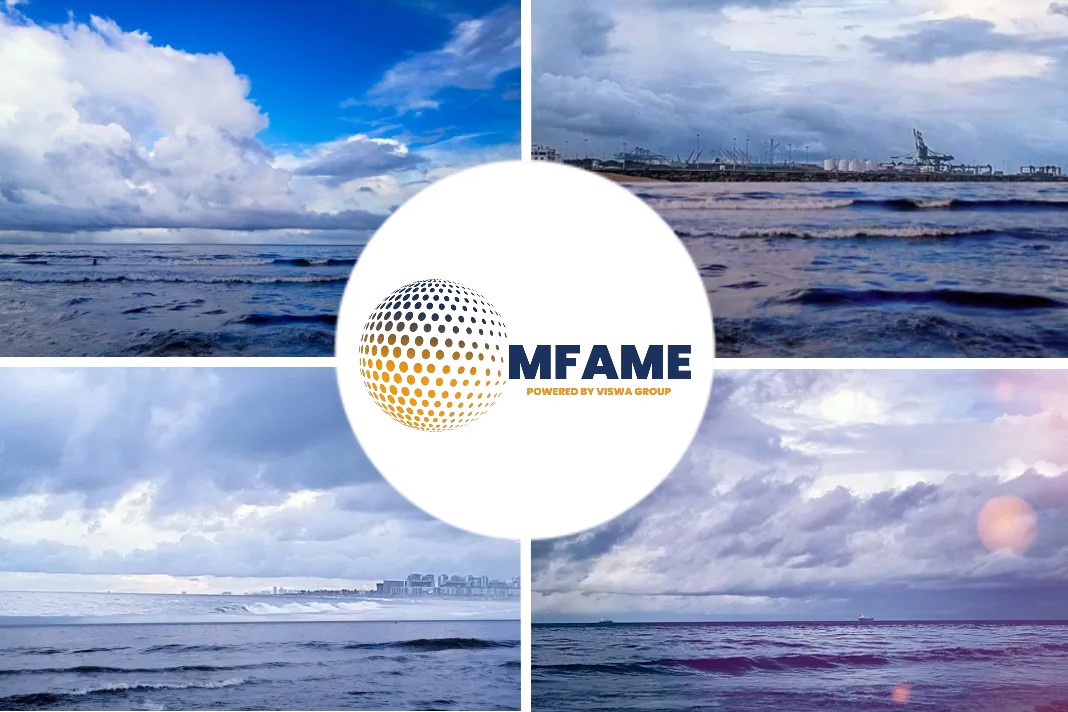- The environmental group ICCT published a report on wash water discharge given out by scrubbers.
- The Clean Shipping Alliance expresses its concern about the wrong perception of Exhaust Gas Cleaning Systems (“scrubbers”) and wash water discharges.
Following the release of a report by environmental group ICCT, the Clean Shipping Alliance expresses its concern about the wrong perception of Exhaust Gas Cleaning Systems (“scrubbers”) and wash water discharges portrayed in the publication, says an article published in Clean Shipping Alliance 2020.
Clean Shipping Alliance Chairman’s Opposition
“We welcome all scientific inquiries on Exhaust Gas Cleaning Systems that are objective and well-researched. However, in the case of the most recent report issued by the ICCT, there appears again to be just too many errors – including the very high assumptions used in their calculations – to justify any of the policy changes they have suggested,” commented Capt Mike Kaczmarek, Chairman of the Clean Shipping Alliance.
“The ICCT report claims that wash water discharges from open-loop scrubbers are ‘hot, polluted and acidic sludge’, which is wrong,” he continued. “and cannot be made by anyone familiar with these systems. We are concerned that this is intentionally misleading.”
Report’s Claims & Comments
The report’s claim that wash water is not tightly regulated is also mistaken, as IMO Guidelines have clear water and air emissions limits, which onboard instrumentation monitors and records 24 hours a day. This includes strict limits for washwater pH levels and for the Polycyclic Aromatic Hydrocarbons (PAHs) mentioned in the report. All records are available to Port and Flag State inspectors.
Also, contrary to the report’s comments about washwater constituents, laboratory analysis of hundreds of scrubber washwater samples from ships operating all over the world shows that nitrates and nitrites are not normally detected at all, or are at negligible levels.
Wash water Discharge
This is also the case for many metals, including lead and mercury, which are not coming from scrubber systems. As shown repeatedly by recent studies using large data sets of washwater samples laboratory results, the washwater consistently and reliably meets all major international and national water quality standards – including some major drinking water standards.
The volumes of wash water calculated in the report are greatly exaggerated, but in the end it is the same seawater returned to the sea, compliant with global IMO standards, with minute amounts of constituents removed from the engine exhaust, but with the same overall water quality.
Environmental Issues
Regarding CO2 emissions, the CSA considers the report’s claim that scrubbers produce higher levels of CO2 emissions than low sulphur fuels to be incorrect. On a lifecycle emission basis, EGCS vessels have a much lower CO2 footprint than those using either MGO or VLSFO (the most common fuel in use in global shipping today). According to a 2020 study by CE Delft, the energy-intensive additional refining of MGO will create a larger carbon footprint that any minor increase due to the use on EGCS vessels, a fact that allows EGCS vessels to play an increasingly important role in meeting decarbonisation goals.
Finally, the ICCT report’s comments about potential environmental damage are speculative. Even though EGCS have been around in some form for decades, there is no hard evidence of any environmental harm anywhere in the world.
EGCS’ Contribution
“Even though EGCS are currently installed on less than 8% of the world’s shipping fleet, they have made a positive contribution to the successful transition to the 2020 Global ECA and the significant air quality improvements that have come with it – without any impact on the ocean environment – and has become a successful bridging solution to carbon neutrality,” added Capt Kaczmarek.
















